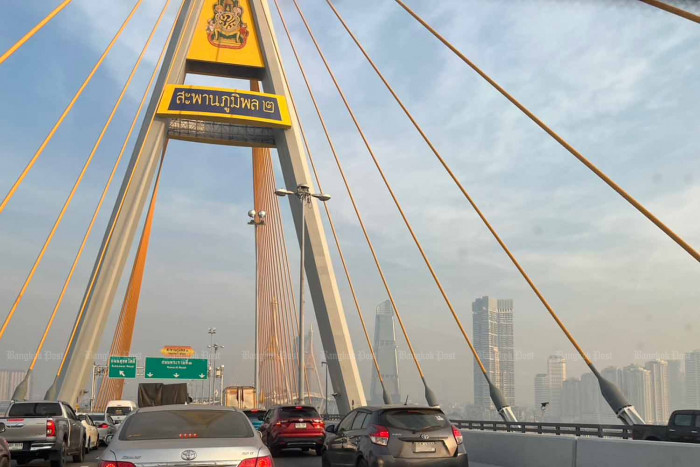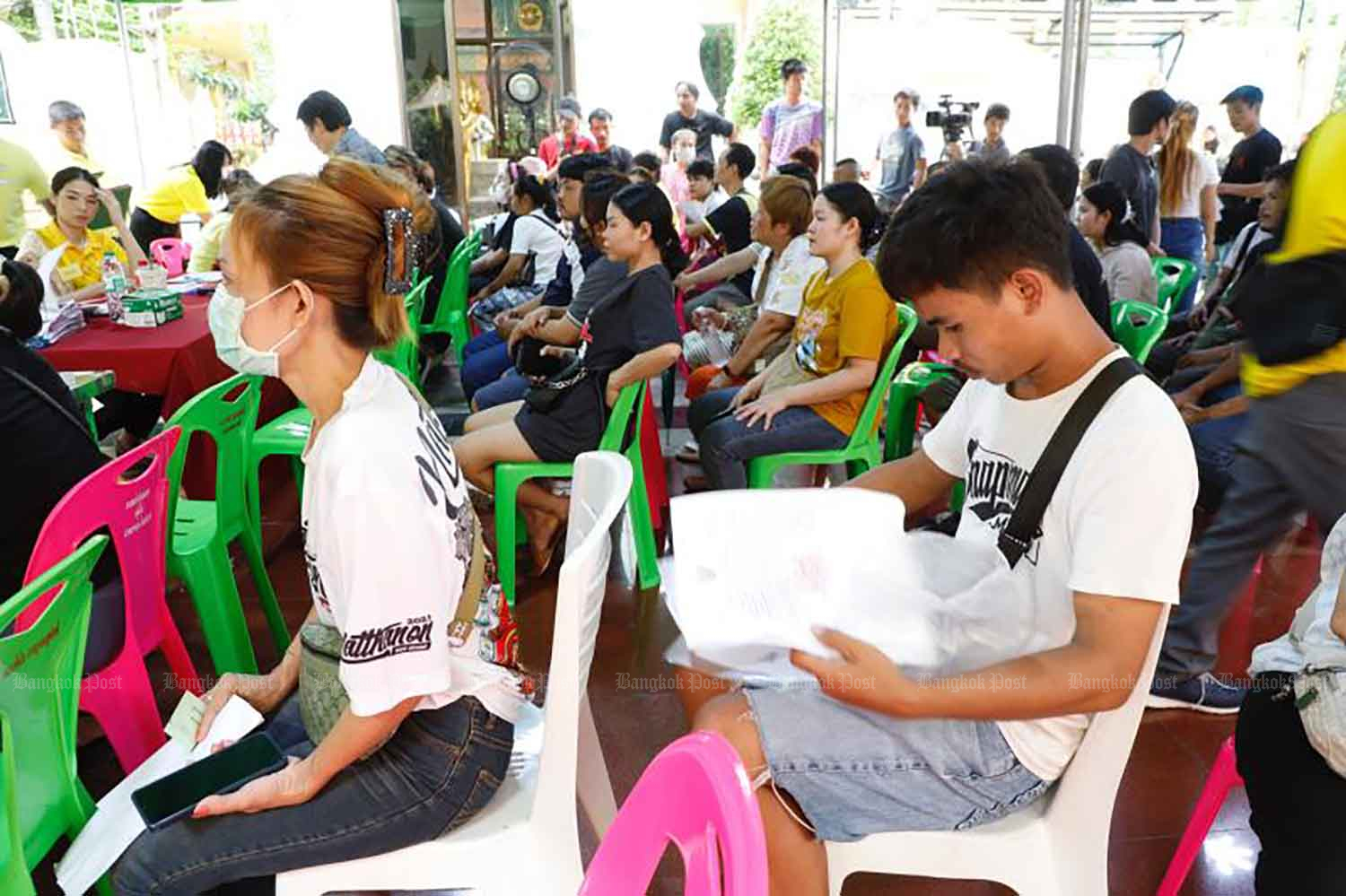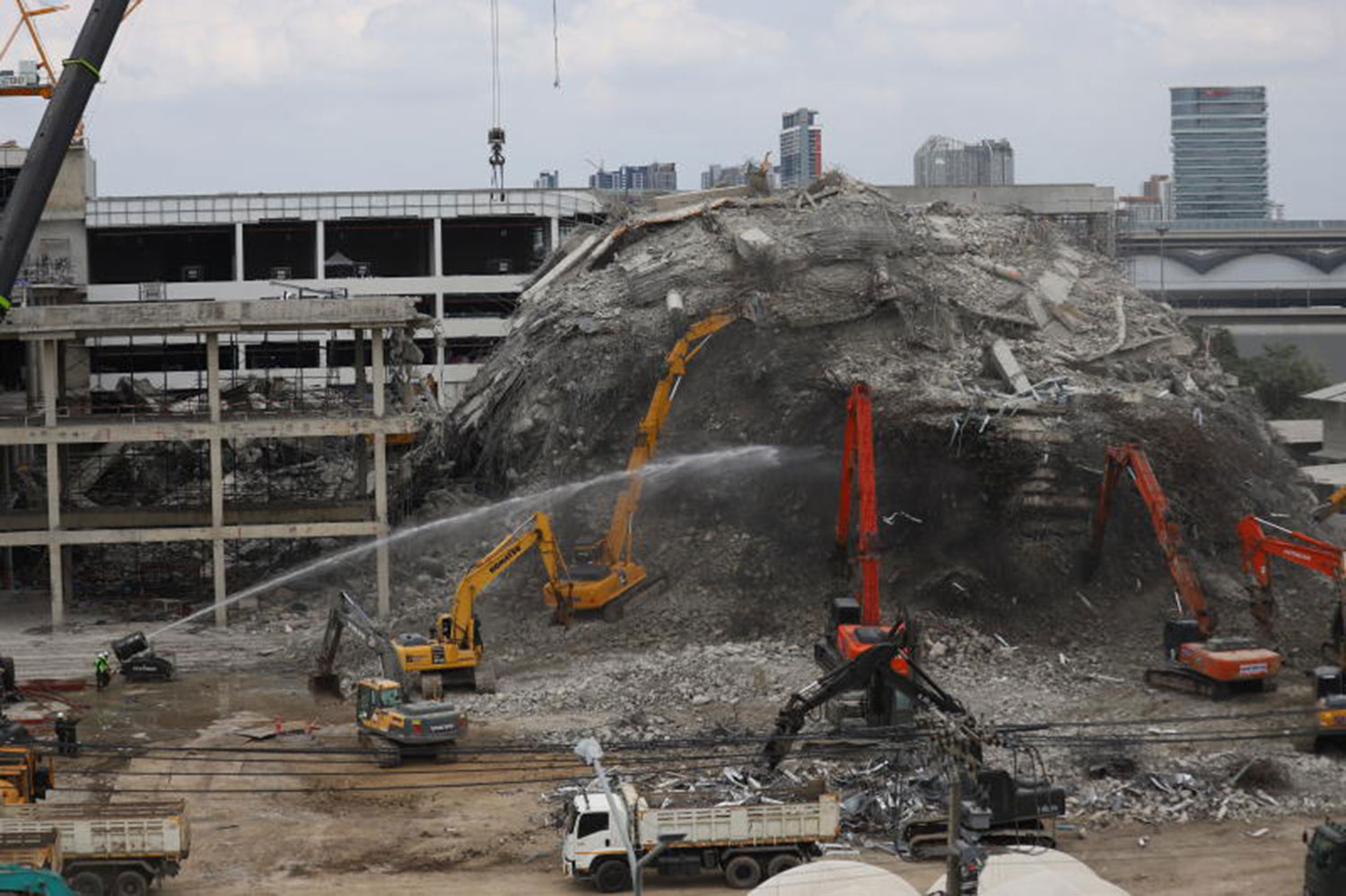Dust Levels Reach Hazardous Levels Across Thailand
Ultrafine Dust Crisis Affects 46 Provinces
On January 22, 2025, ultrafine dust levels were reported in the red zone, indicating hazardous conditions for health, in 46 out of 77 provinces across Thailand, including Greater Bangkok. Only 10 provinces managed to report moderate to good air quality during this period.
Contributing Factors to Poor Air Quality
The Geo-Informatics and Space Technology Development Agency (Gistda) noted that PM2.5 levels were particularly high in the Central Plain, Northeast, and Eastern regions. The highest recorded PM2.5 concentration was 151.1 micrograms per cubic meter in Samut Sakhon province, with Bangkok experiencing levels around 100 µg/m³. This is significantly above the government-set safe threshold of 37.5 µg/m³.
Health Implications and Recommendations
Urgent Health Warnings Issued
Authorities have raised alarms regarding the serious health impacts of these dust levels, especially for vulnerable populations such as children, the elderly, and those with pre-existing health conditions. The Air Pollution Solution Center (APSC) has advised residents to minimize outdoor activities and wear protective masks when necessary.
Public Health Precautions Recommended
Residents are encouraged to adopt several precautionary measures:
- Limit outdoor exposure.
- Wear protective masks.
- Consider remote work options to reduce exposure to poor air quality.
- Report any burning activities that contribute to pollution to local authorities.
Government Response and Future Monitoring
Work From Home Initiatives Implemented
In light of the ongoing crisis, the Bangkok Metropolitan Administration (BMA) has implemented work-from-home measures for employees in affected areas. This initiative aims to reduce traffic congestion and subsequently lower dust accumulation in urban settings.
Continuous Monitoring of Air Quality
The BMA is closely monitoring air quality and will adjust policies as necessary based on PM2.5 levels and ventilation rates. If conditions do not improve, work-from-home measures may be extended beyond the current projections.
A Call for Action
As Thailand grapples with this severe air quality crisis, it is crucial for both authorities and residents to take proactive steps in mitigating the effects of dust pollution. Ongoing public health advisories will be essential in navigating this challenging situation while ensuring community safety and well-being. For real-time updates on air quality, residents can refer to official resources like Air4Thai.pcd.go.th or download the Air4Thai mobile application.








